As loved ones grow older, family members sometimes take on informal decision-making roles. A son or daughter may help with their parents’ medical care or other personal care issues. Additional safeguards, such as guardianship, may become helpful if parents lose mental capacity due to dementia, major stroke, severe mental illness, or other debilitating conditions. A legal guardian, often a family member or other trusted third party, allows families to protect the non-financial interests of their loved ones.
Zalkin Law Firm represents families who are concerned for the safety and well-being of a loved one. We can help you determine whether guardianship is the most helpful solution or if a different strategy might be more effective or efficient. We have a solid understanding of both the clinical and legal issues affecting individuals and families who are considering pursing guardianship, and will guide you along the best path for your situation.
How We Can Help
A guardian may be a family member or other responsible person, or people, who the court believes will act in the best interest of the incapacitated person. Family members are sometimes reluctant to serve as guardian if they are concerned that their relationship with the protected person might become strained if the guardian would need to make difficult or unpopular decisions. When appropriate, we can act as sole guardian, or as co-guardian along with a family member, allowing the family to make the more routine decisions while we make the unpopular decisions or set limits.

